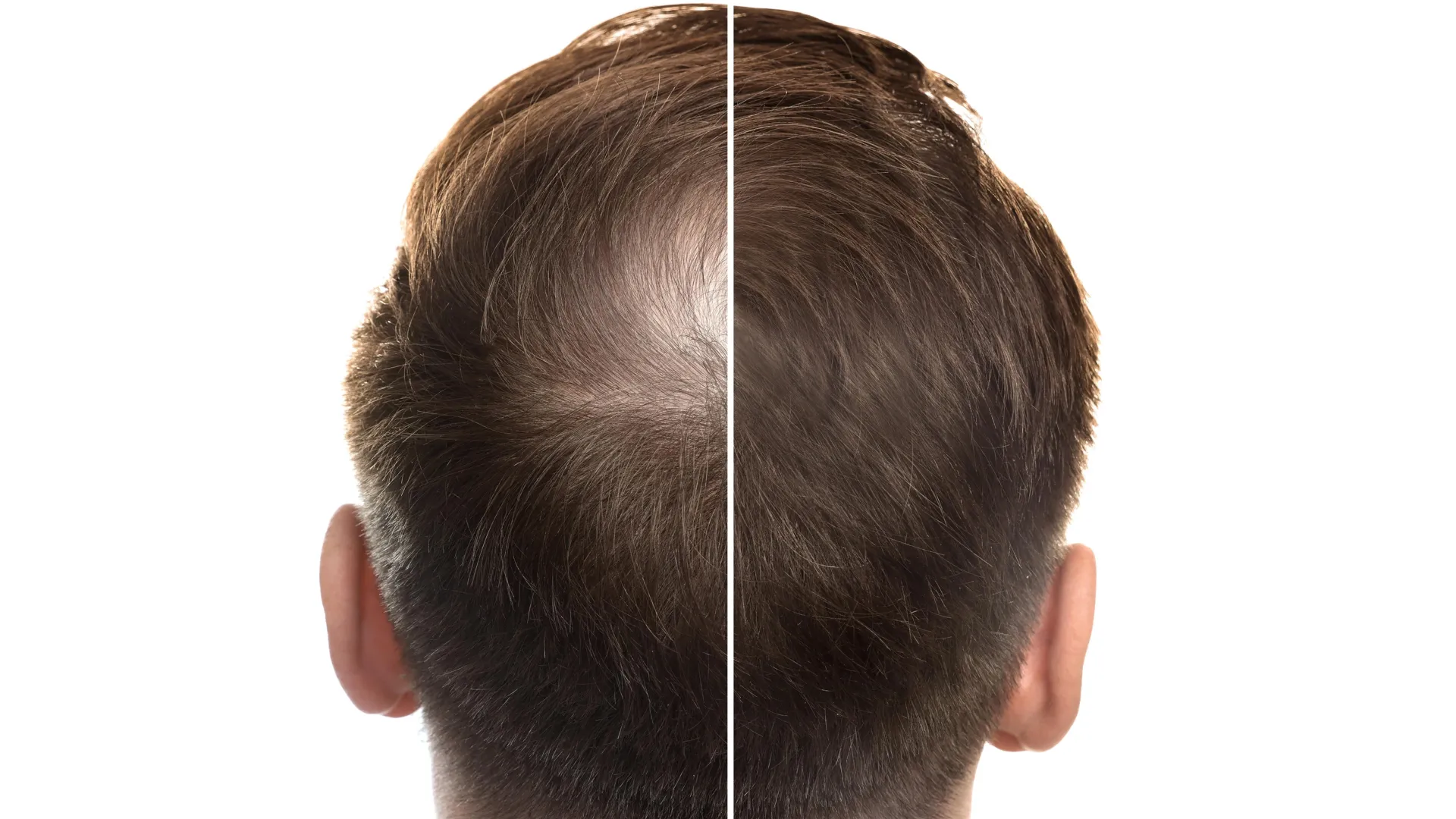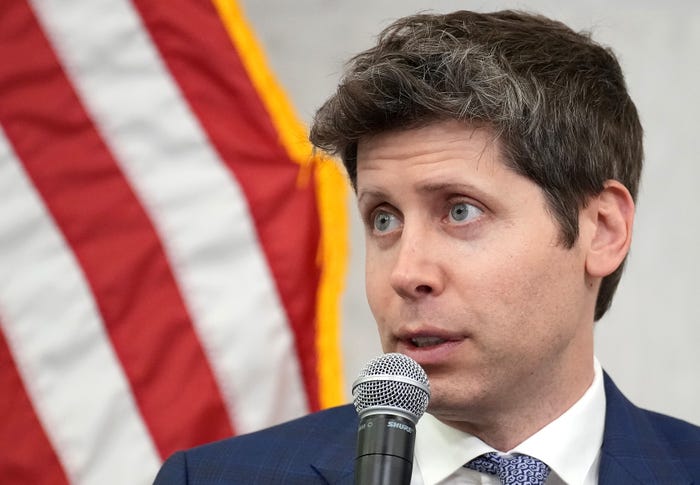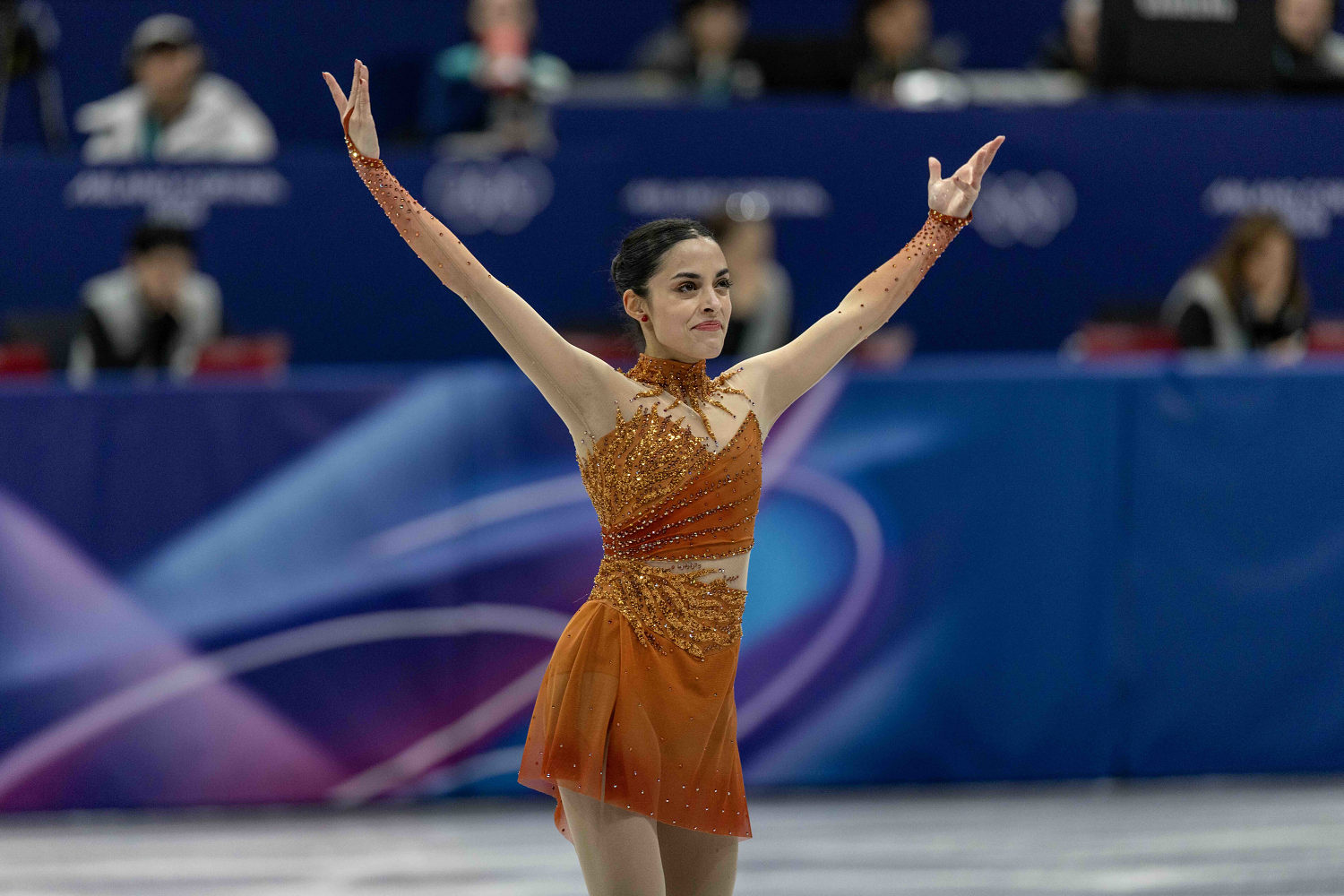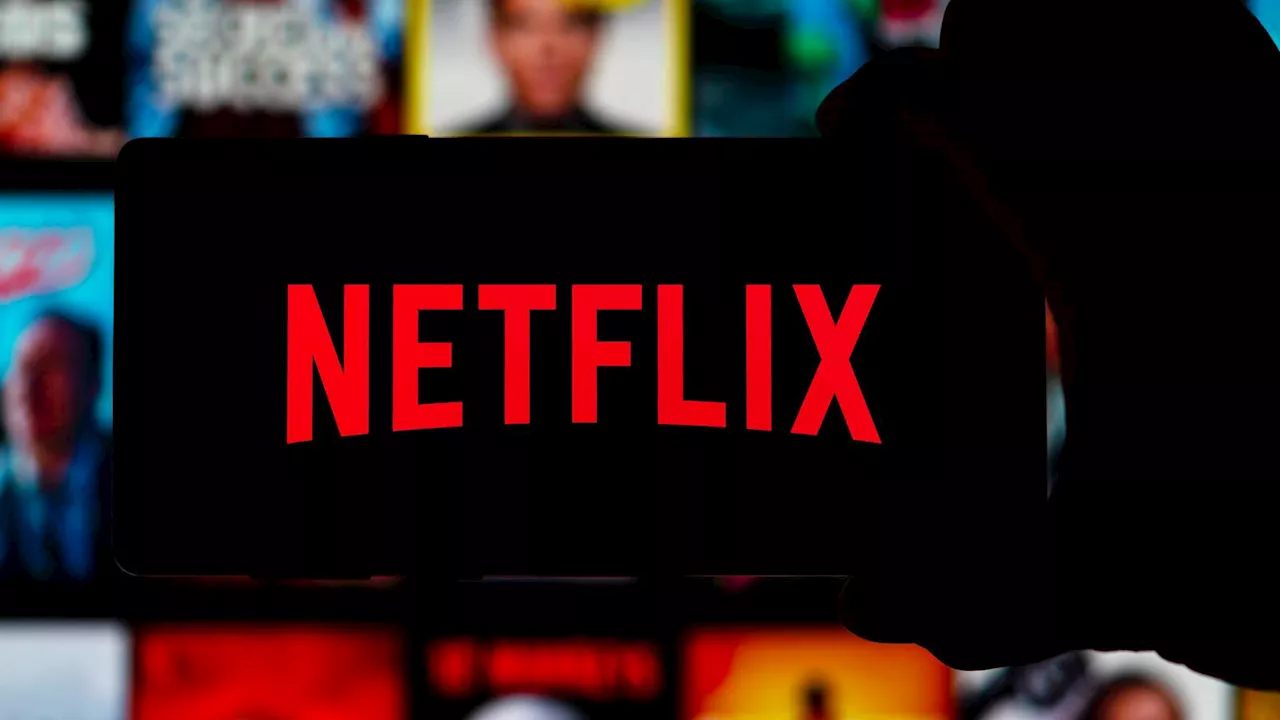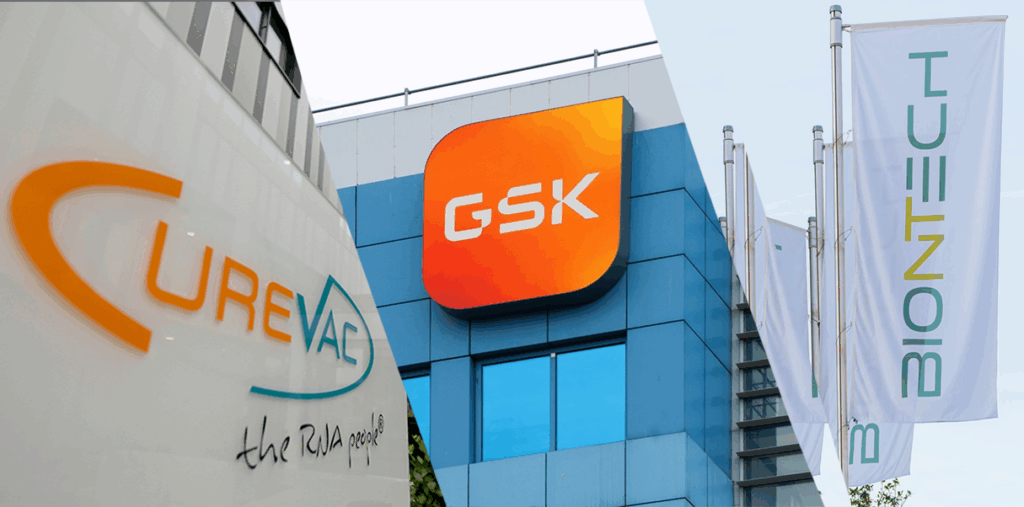
BioNTech has reached a settlement in a lengthy mRNA patent dispute with GSK and CureVac, a German biotech company that it plans to acquire. This agreement, announced on October 10, 2023, resolves claims that have been ongoing for three years, allowing both parties to receive financial compensation and royalties from BioNTech’s partnership with Pfizer.
As part of the settlement, GSK and CureVac will receive a share of the royalties generated from the sales of the mRNA-based COVID-19 vaccines developed by BioNTech and Pfizer. The exact figures regarding the financial terms of the settlement have not been disclosed, but the resolution marks a significant step for all involved parties, especially as BioNTech continues to expand its vaccine portfolio.
Details of the Settlement
The agreement comes as BioNTech solidifies its position in the biotechnology sector, following its rise to prominence during the COVID-19 pandemic with its groundbreaking vaccine. The settlement allows BioNTech to move forward without the burden of ongoing litigation, which has the potential to streamline its operations and focus on future innovations.
GSK and CureVac’s involvement in the settlement illustrates the collaborative nature of the biotechnology industry, where shared intellectual property can lead to mutually beneficial outcomes. This partnership is particularly noteworthy as it highlights the importance of licensing agreements and the financial arrangements that can arise from successful collaborations.
According to a statement from BioNTech, the settlement will not only provide financial returns to GSK and CureVac but also foster a more cooperative environment as they work together in the development of new mRNA technologies. This move aligns with BioNTech’s commitment to innovation and expansion in the global vaccine market.
Implications for the Biotech Industry
The resolution of this patent dispute could have broader implications for the biotechnology industry. With mRNA technology gaining traction beyond COVID-19 vaccines, companies are exploring its applications in various therapeutic areas, including cancer and other infectious diseases. Settlements like this can pave the way for more companies to collaborate rather than engage in prolonged legal battles.
For GSK and CureVac, the partnership offers a strategic advantage. As they receive a share of the royalties, they can invest in further research and development, potentially leading to new breakthroughs in the field. This settlement exemplifies how financial arrangements can provide resources for continued innovation, benefiting not only the companies involved but also the global healthcare landscape.
In conclusion, the settlement between BioNTech, GSK, and CureVac signifies a positive development in the biotechnology sector, reinforcing the importance of collaboration and financial agreements in fostering innovation. As the industry continues to evolve, this resolution may serve as a precedent for future partnerships and settlements in the field.

